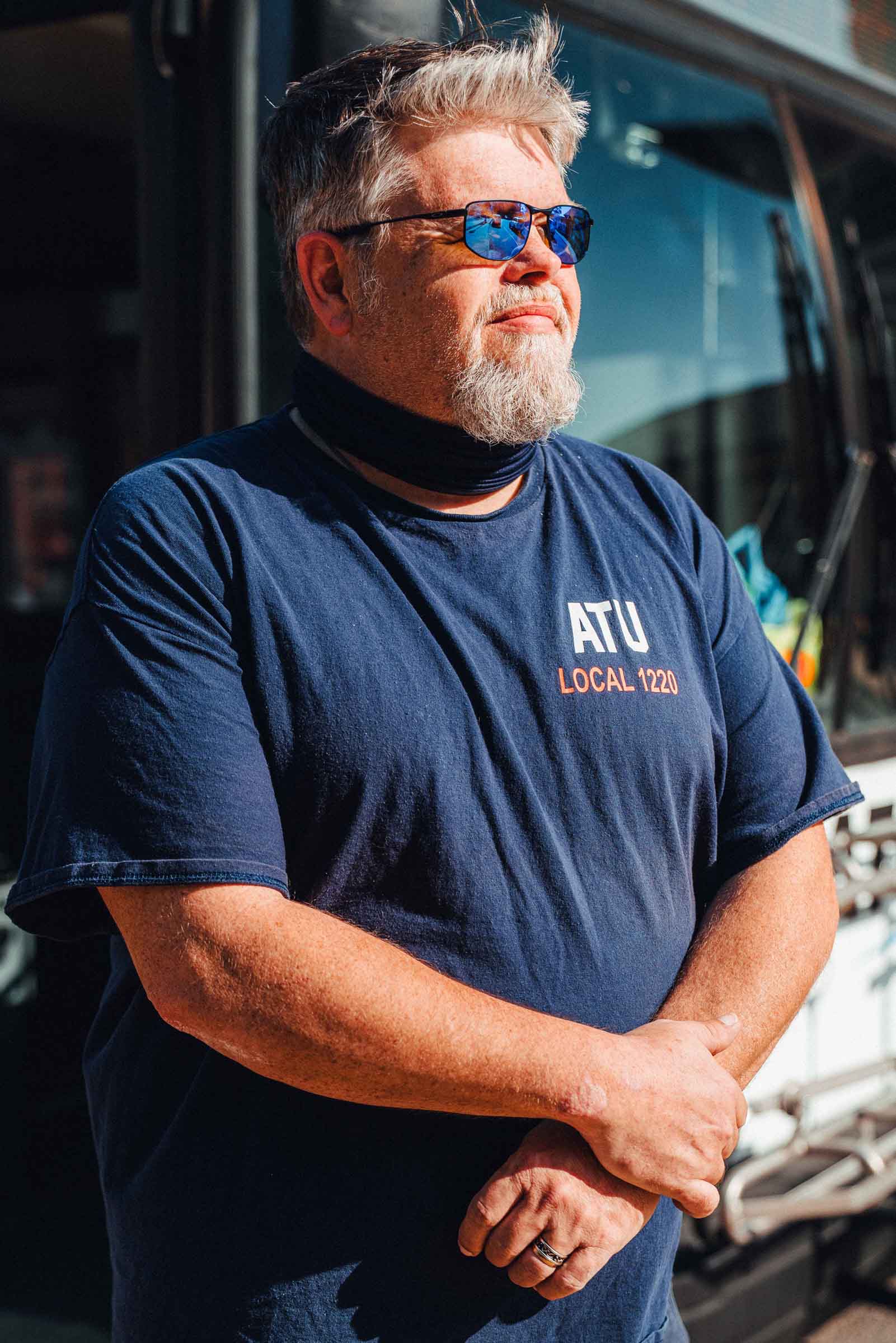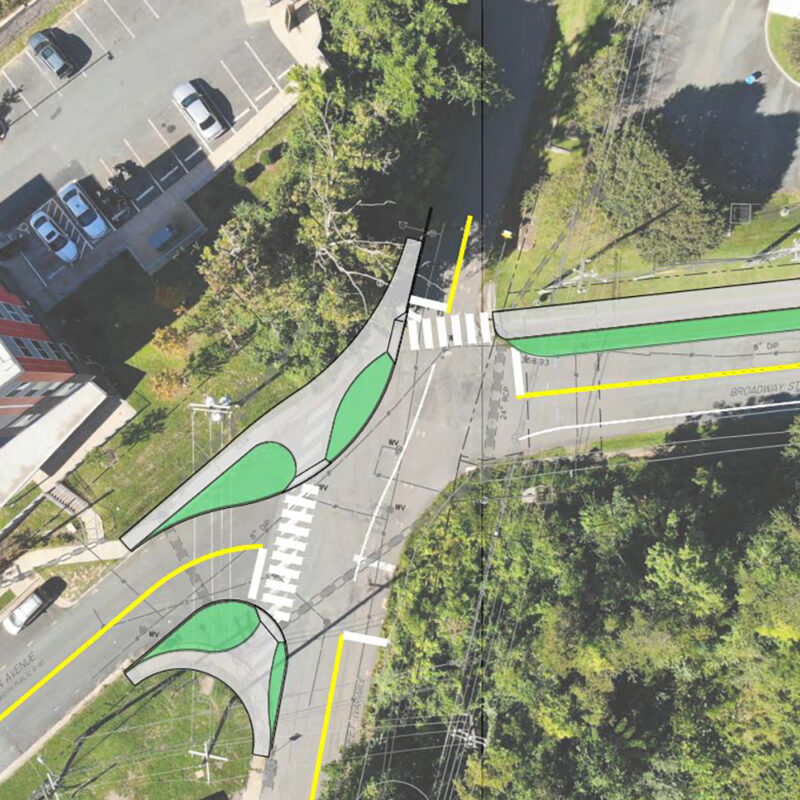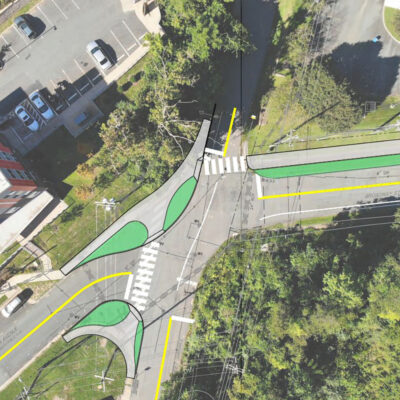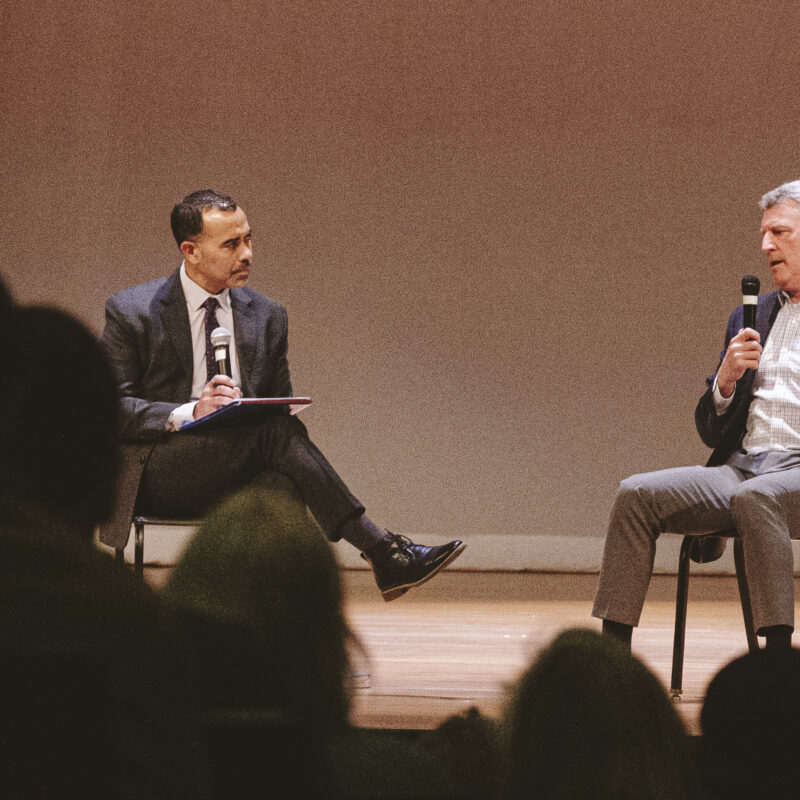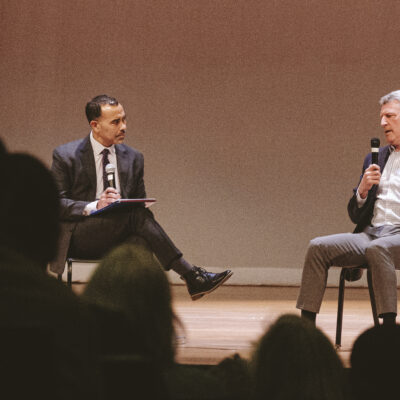Charlottesville was one of the first municipalities in Virginia to adopt a collective bargaining ordinance, and its unions are some of the first to navigate what it means to have an agreement post-ratification process. The contracts have been a success in many ways, but members of the Amalgamated Transit Union say there’s still work to be done and agreements to be fulfilled.
Since July 1, 2024, all full- and part-time operators and maintenance employees of the Charlottesville Area Transit and Pupil Transportation Department are eligible for ATU membership, according to the agreement. Major achievements of the contract include salary increases, a new salary progression scale, and additional full-time positions.
Annual salary scale adjustments were incorporated into the contract. Effective July 1, 2026, the starting pay for new drivers will be $24.14 per hour, and $32.36 per hour for transit operators with six or more years of service. Other benefits of the contract include a shoe and boot allowance for drivers, a tool allowance for mechanics, and the creation of 10 full-time school bus positions, which did not previously exist.
“Of course, the big thing is the money,” says Keisha Pleasants, a bus driver for Charlottesville City Schools and a member of the bargaining committee. While she commutes in from Richmond, Pleasants and other ATU members say the increased salaries allow local drivers to better afford the cost of living in the Charlottesville area.
“The way we always looked at the money was, we’re getting what we were owed,” says Matthew Ray, CAT driver and head shop steward for the ATU. “The major success is we’re now hiring people. … We have a steady stream of people coming in the door. The pay is definitely one of the things that is drawing some people when they realize what the pay is.”
In his role as head shop steward, Ray works with both the union and the city.
“We did the negotiations for our first contract; I guess with everything going on, I was probably a bit naive on how things actually work with the union and management. I was hoping to break the narrative of, you know, ‘bad management, great union,’” says Ray. “Unfortunately, that hasn’t been what we’ve done.”
Chief among Ray’s concerns is difficulty obtaining information in a timely manner when representing employees facing disciplinary action.
“The union has a right to get information from the City of Charlottesville when they are using discipline against one of our drivers,” says Ray. “They say, ‘Well, you can have this, but you can’t have this.’ That’s not the way it goes. Everything that you’re using to accuse a driver … the union has a right to look at it and to advise the individual that they’re representing. That’s part of being in a union.”
The city did not address the disciplinary process in a request for comment by C-VILLE. Charlottesville Director of Communications and Public Engagement Afton Schneider told C-VILLE, “information sharing is required in a dispute process. There is no hidden information.”
The dispute process, also referred to as grievance process, negotiated in the agreement between Charlottesville and the ATU calls for a three-step system, culminating in arbitration if the parties cannot come to a resolution.
“If either the city or the union choose not to elevate a dispute to the next level, including arbitration, the implication is that agreement is reached,” says Schneider.
None of the unions entered into collective bargaining agreements with the city have escalated a dispute to arbitration. For the ATU, this is due to the financial burden of the process, not because it agrees with every resolution.
“$600 and $700 an hour is a lot of money. … The Union does not have that kind of money,” says Ray. “We have to pick and choose when we want to arbitrate something … even though we feel strongly that the city is wrong.”
From his perspective, Ray says the city “wants to say that [we’re] unionized. They want to pat each other on the back, but they don’t really want to honor what the union is and the rights that the union has.”
Despite the collective bargaining agreement, strikes and lockouts are still prohibited under Virginia law, even for recognized unions.
“The drivers are overworked,” says Joyce Diaz, a driver who has been with CAT for more than a decade. “There’s many times if we could have striked, CAT would have been shut down, and we would have been out there striking.”
Still, the contract is a step in the right direction according to both organizers and the city. However, many of CAT employees’ top concerns, including driver-passenger relations and bus policies, fall outside of the scope of the collective bargaining agreement, according to the city.
In the driver’s seat, ATU members want Charlottesville to know that even with collective bargaining, their jobs are important to the community, but stressful.
“Treat people right. This is a good job. It’s a good paying job, but you don’t need to take advantage of your workers,” says Diaz. “The buses break down, we break down.”
Shop steward Matthew Ray served on the ATU’s bargaining unit, helping to negotiate the collective bargaining agreement between the union and the city. Photo: Tristan Williams.
